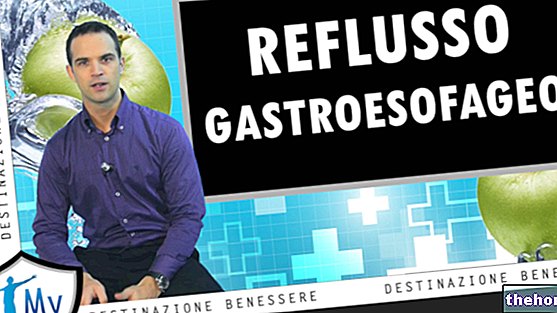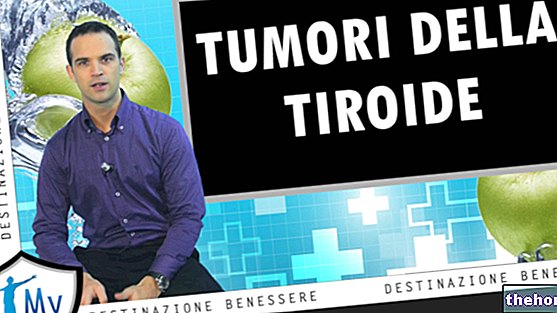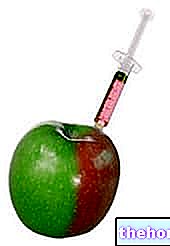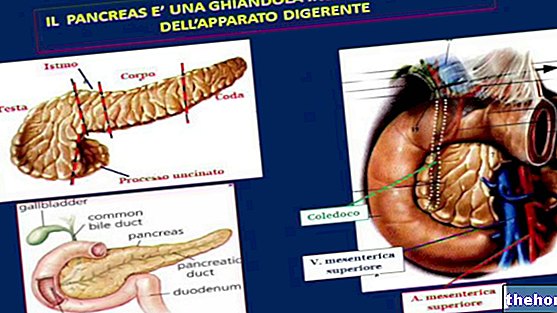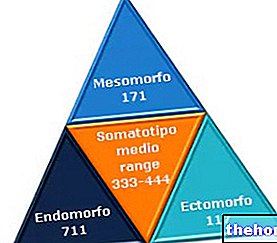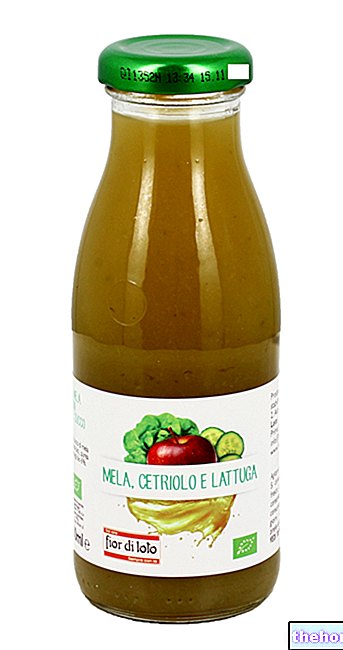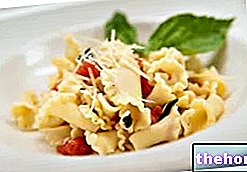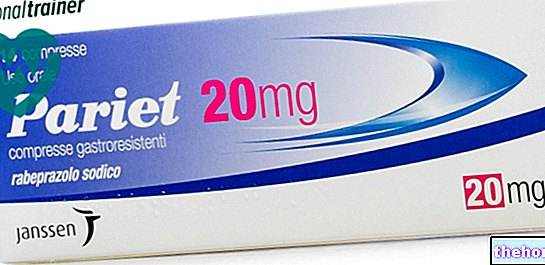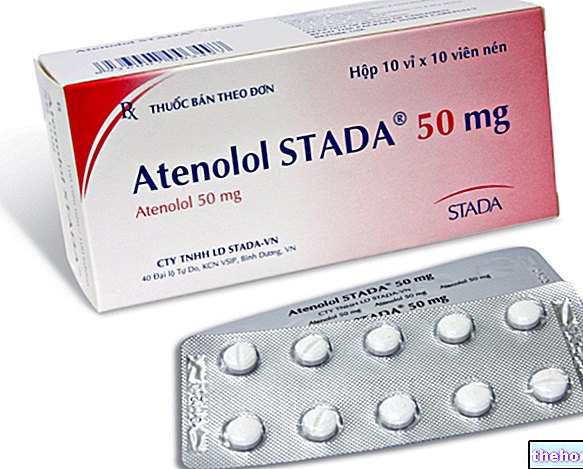After discussing how the Mediterranean Diet was born, today we will deal with the health benefits that can be obtained by using it as a customary diet.
We know that the Mediterranean Diet is a lifestyle typical of the areas bordering the basin. Initially studied by Lorenzo Piroddi (Italian doctor who used it in the treatment of metabolic diseases) and subsequently deepened by Ancel Keys (American researcher who started the famous experiment Seven Countries Study), the Mediterranean Diet is now considered a REAL nutritional therapy.
But ... more precisely ... What are the health benefits that can be obtained by following the Mediterranean Diet?
To answer this question it is necessary to FRAGMENT the CARDINE principles of the diet, describe the TYPICAL foods, and then specify the NUTRITIONAL molecules contained.
We immediately remember that the Mediterranean Diet is a rather INFLECTED diet; from its REVELATION (which took place more or less in the middle of the 20th century) until today, it has been REMODELED, PERFECTED and, at times, even DISTORTED. It is therefore logical to think that this is a particularly difficult topic to cure.
To give an example of how much the Mediterranean Diet can be INSTRUMENTALIZED, we recall the television episode of December 7, 2011, or rather the interview by Bruno Vespa with Barry Sears, American researcher and inventor of the Zone Diet. The broadcast was “Porta a Porta” and it was talked about 3 COMPLETELY different dietary regimes: Mediterranean Diet, Zone Diet and Tisanoreica. During a discussion with Giorgio Calabrese (Dietitian, Professor of Human Nutrition and Consultant of the Italian Ministry of Health), Sears described the area as theevolution of the Mediterranean Diet. Obviously, a nutritional philosophy that totally EXCLUDES cereals, can NOT in any way be associated with the well-known diet of the Mediterranean populations ... but it is certainly excellent advertising!
Despite some changes in the definition, the fundamentals of the Mediterranean diet are INALIENABLE, and are: HIGH consumption of raw cereals, legumes, vegetables and fruit; EXCLUSIVE but thrifty use of extra virgin olive oil as a condiment; LITTLE red wine as an alternative drink to water; AVERAGE consumption of poor fish, white meat, milk and yogurt; use of aromatic herbs and chilli; LOW consumption of eggs, cheeses and red meats; OCCASIONAL consumption of sweets and snacks, sweetened drinks, preserved meats and seasoning fats of animal origin… without forgetting an ACTIVE lifestyle!
All this determines: a caloric intake SUITABLE for the MAINTENANCE of the NORMAL weight; favors a prevalence of proteins and fats of vegetable origin over animal ones; starches on simple sugars; the abundance of water, dietary fiber, vitamins, mineral salts, various phenolic antioxidants, lecithins and phytosterols in food; moreover, it determines the absence (or insignificant presence) of salt and sugar ON THE FOOD at the time of consumption.
The combination of these choices determines the EFFECTIVENESS of the Mediterranean Diet on the so-called "diseases of well-being", which are mainly overweight, type 2 diabetes mellitus, arterial hypertension, high cholesterol (total and especially "bad "), High triglycerides and, at times, hyperuricemia and gout. Furthermore, it is not uncommon for those suffering from one or more of these diseases to also present: enlargement and ENGRAVING of the liver, disorders of the esophagus, stomach and intestines, and an increase in predisposition to certain types of cancer (for example of the stomach or intestines).
The Mediterranean Diet has a positive effect on the state of health by fighting the so-called Metabolic Syndrome (ie the combination of several diseases among those mentioned) on several fronts.
Above all, a correct intake of energy and an active lifestyle favor the MAINTENANCE of NORMAL weight as an EXTREMELY protective ELEMENT against the onset of metabolic diseases.
Then, the ABUNDANCE of "good" fats contained in extra virgin olive oil, vegetables, fruit, cereals, legumes and fish (especially blue) - therefore omega 3, omega 6 and omega 9 - effectively counteracts the increase in cholesterol (mainly the bad one) and fights the increase in triglycerides and blood pressure; among other things, it has been shown that omega 3 fats are able to increase blood fluidity and reduce systemic inflammation that contributes to the formation of atherosclerotic plaques. In summary, omega 3s reduce the risk of myocardial infarction and stroke.
The correct intake of proteins in the Mediterranean Diet avoids excess intestinal waste, which would otherwise negatively modify the bacterial flora and increase the risk of cancer.
The prevalence of complex carbohydrates and fructose ONLY NATURALLY present in foods, in association with the high intake of fiber, guarantees a MODERATE glycemic index; this means that most of the carbohydrates taken from the diet are metabolized correctly and without running the risk of excessively increasing insulin. In this way, the carbohydrates of the diet do not constitute a source of storage in the adipose tissue, they avoid the increase of triglycerides in the blood and also the fattening of the liver. Then, by itself, the fiber improves intestinal health by feeding good bacteria and promoting the expulsion of waste; moreover, in addition to regulating the absorption of carbohydrates, fiber also has a positive effect on that of fatty acids and cholesterol.
How not to mention the abundance of other molecules that REDUCE cholesterol in the blood. These include lecithins (particularly abundant in legumes) and phytosterols, present in all foods of plant origin, especially in fruit and fresh vegetables.
The phenolic substances abundant in the Mediterranean Diet, in addition to being able to reduce cholesterol, are powerful ANTIOXIDANTS; present in foods of plant origin and in red wine, they counteract the action of free radicals and help reduce the risk of cardiovascular and cancer.
Carotenoids, present above all in red vegetables, vitamin C, present in vegetables with a sour taste, and vitamin E, present above all in vegetable oils and in the germ of cereals, act in the same way, albeit with different mechanisms.
Another KEY element of the Mediterranean Diet is the consumption of RAW vegetables ... obviously only when it is POSSIBLE! This PREVENTS the degradation of certain nutrients with heat and AVOID their dispersion during cooking.
Obviously, talking ONLY about HOW the Mediterranean Diet works is NOT enough to REPRODUCE IT; it is therefore essential to better describe the RECOMMENDED foods and those TO AVOID, or at least the GROUPS to which they belong. This will in fact be the topic of the next lesson entitled: "Foods and foods of the Mediterranean Diet”.



